When your pet finds an interesting puddle or intriguing morsel, they likely will taste the substance to investigate, but their curiosity can cause significant health issues if the substance is toxic. Toxicity in pets is a concerning issue, and many items in your home can be the cause. Our team at Mt. Horeb Animal Hospital wants to help you safeguard your pet by providing information about toxicity in pets.
Causes of toxicity in pets
Many items in your home that you use every day are toxic to your pet.
- Allium vegetables — You likely use onions, garlic, leeks, shallots, and chives on a regular basis. However, these vegetables contain N-propyl disulfide, a toxin which causes oxidative damage to your pet’s red blood cells. Initial signs include vomiting, lethargy, and diarrhea, but as the disease progresses, your pet can become severely anemic, resulting in pale mucous membranes, red-tinged urine, and collapse.
- Chocolate — Chocolate, especially dark chocolate and baking chocolate, is poisonous to pets. Two ingredients, caffeine and theobromine, cause cardiovascular and central nervous system stimulant effects. Signs include vomiting, diarrhea, restlessness, and panting.
- Xylitol — This sugar substitute is used frequently in many sugar-free candies and gum. If your pet ingests a xylitol-containing product, their pancreas will release a large dose of insulin, causing their blood glucose levels to drastically drop. Signs include lethargy, incoordination, and seizures, and liver damage may occur.
- Alcohol — Pets are sensitive to alcohol, and only a small amount can cause significant problems for your pet, leading to dangerous drops in blood pressure, blood sugar, and body temperature. Signs include lethargy, depression, vomiting, and incoordination.
- Ibuprofen — Commonly used to treat headaches, nonsteroidal anti-inflammatories like ibuprofen can damage your pet’s gastrointestinal tract and kidneys. Signs include lethargy, abdominal pain, and increased urination and thirst.
- Acetaminophen — Cats are especially susceptible to this pain reliever. The drug not only inhibits their red blood cells’ ability to transport oxygen, but can also lead to liver failure. Signs include difficulty breathing, panting, vomiting, and lethargy.
- Antidepressant medications — Medications such as serotonin reuptake inhibitors, tricyclic antidepressants, and monoamine oxidase inhibitors can have serious effects in pets, causing lethargy, vomiting, incoordination, seizures, and hypertension.
- Antifreeze — Ethylene glycol, a common component in antifreeze products, tastes sweet to pets, but a small amount can cause severe kidney damage. Signs include drooling, vomiting, incoordination, and collapse.
- Rodenticides — Several rat poison products are on the market, and all are dangerous for your pet. Your pet’s signs will depend on the rodenticide type they ingest, but problems can include internal hemorrhaging, kidney failure, liver damage, and brain swelling.
- Glue — High-strength glues are dangerous for your pet because, if ingested, the glue combines with your pet’s stomach fluids and forms a firm foreign body. Signs typically involve retching, drooling, and abdominal pain.
- Lilies — Lilies are particularly harmful to cats, and all parts of the plant are toxic, including the vase water. Ingestion leads to acute kidney damage. Signs include vomiting, lethargy, and increased thirst and urination.
Action for toxicity in pets
Toxicity is a veterinary emergency, and requires immediate attention. If you witness your pet ingest a toxic substance, or something makes you think they have been poisoned, promptly call Mt. Horeb Animal Hospital or Animal Poison Control for advice on how you should proceed. If possible, have the packaging label of the substance your pet ingested on hand, so you can read the information to the veterinary professional. Other information you will likely be asked may include your pet’s breed, weight, age, signs they are exhibiting, and the time they ingested the toxin.
Toxicity treatment in pets
The treatment will depend on what toxin your pet ingested. In most cases, as long as your pet is conscious, vomiting will be induced, to try to remove as much toxin from their system as possible. They may also be given activated charcoal to absorb the toxin remaining in their gastrointestinal tract. Supportive care, including intravenous fluids, is typically required, and your pet will likely require ongoing monitoring to determine their status. In some cases, such as xylitol toxicity, treatment can counteract the toxin, but not all toxicities have specific countermeasures.
Toxicity prevention in pets
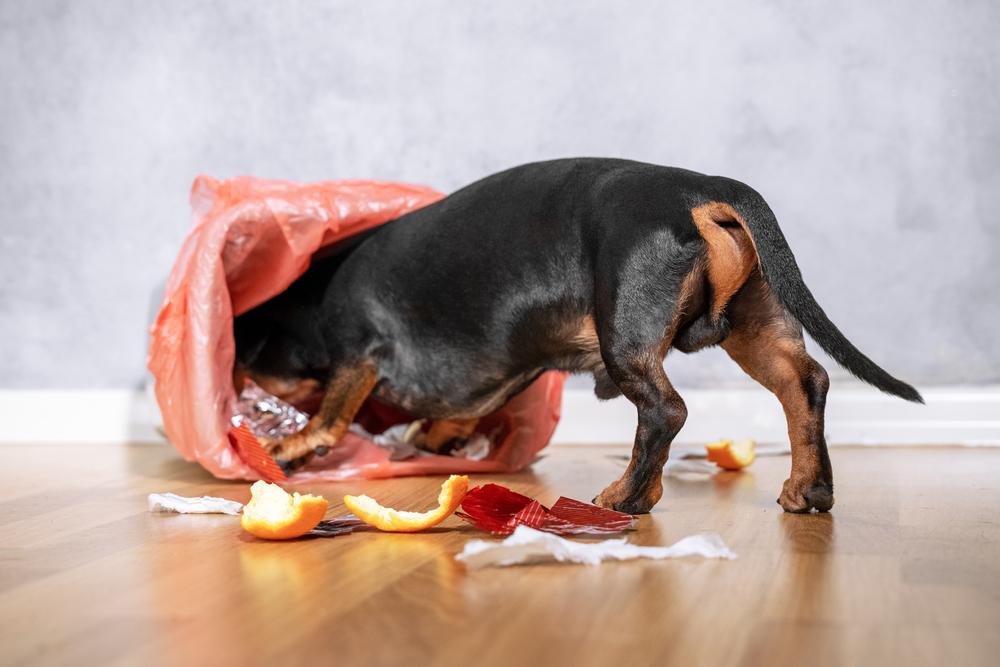
You can’t watch your pet constantly, but you can take certain precautions to decrease their risk of being affected by a toxicity.
- Secure your garbage — Pets like to investigate, and they may find a dangerous toxin if they raid your trash can. Keep all garbage secured in sealed containers to safeguard your pet.
- Secure your medications — Since many over-the-counter and prescription medications are harmful to pets, ensure they are kept in a secure area inaccessible to your pet.
- Secure your guests’ belongings — Your guests may have xylitol-containing products or medications in their pockets, purses, or suitcases, so ensure your pet can’t access their belongings.
- Secure household products — Ensure you keep all household products in a secure cabinet or closet that your pet can’t access.
Toxicity in pets is extremely upsetting, but you can protect your pet from poisoning by following this simple advice. If your pet still manages to ingest a toxin, immediately contact our team at Mt. Horeb Animal Hospital, so we can provide prompt veterinary attention.


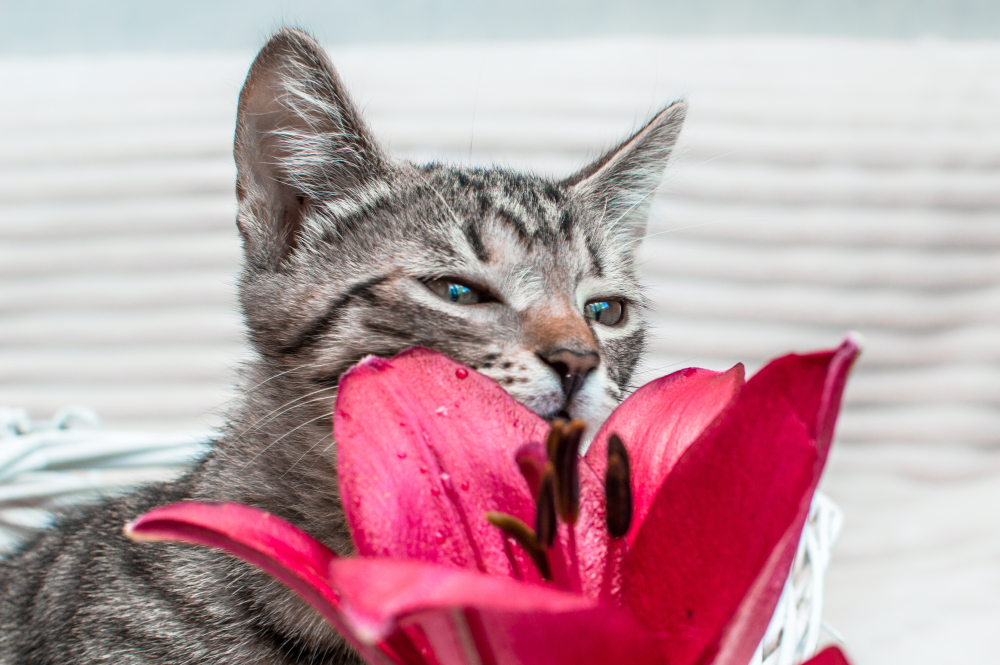

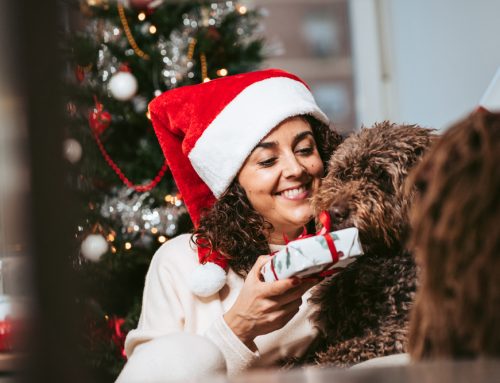
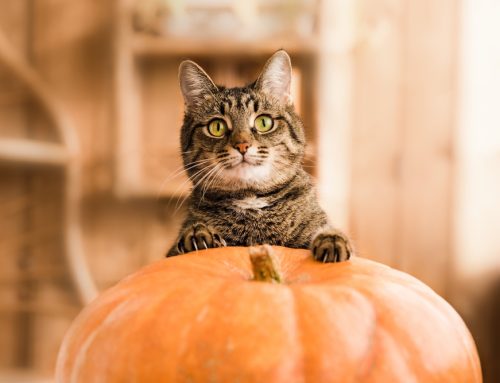
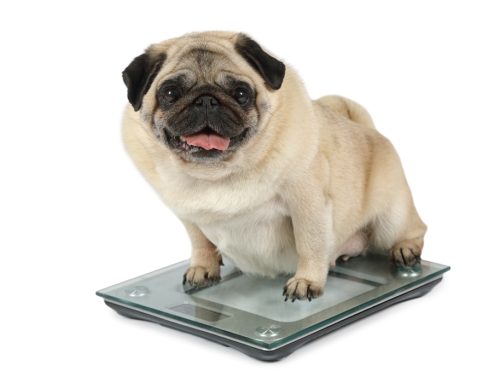
Leave A Comment